Celebrities and political leaders—like business executives—face risks that are far more extreme than the norm. Executive protection can help with it. However, what is meant by executive protection? In contrast to a standard bodyguard service, keeping these VIPs safe requires proactive security measures, risk assessment, and strategic planning. We’ll examine the differences between executive protection, the necessary qualifications, and the regulations in the US and the UK in this post.
Differences Between Executive Protection, Close Protection, and Bodyguard Services
You’ve probably heard the terms executive protection, VIP close protection, and bodyguard services tossed around like they mean the same thing. Spoiler: they don’t. Here’s a quick breakdown.
- Executive Protection:
This is the big-league stuff—protecting high-level executives and VIPs through detailed risk assessments, secure travel plans, and even cybersecurity. It’s all about preventing threats before they even get close. - Close Protection:
Think of this as a subset of executive protection. The focus here is on staying physically close to the VIP and handling immediate threats discreetly. It’s less about strategy and more about swift action when things go south. - Bodyguard Services:
The classic muscle approach. Bodyguards focus on physically deterring threats with a reactive mindset. While they’re great at handling direct threats, they usually lack the advanced planning that comes with executive protection.
Understanding these differences is crucial for anyone looking to hire security services. After all, you don’t bring a bodyguard to do an executive protection agent’s job.
Roles and Responsibilities of an Executive Protection Agent: A Comparison Between the US and UK
The role of an executive protection agent isn’t a one-size-fits-all deal. There are some pretty stark differences between how it works in the US and UK. Let’s break it down.
In the United States:
- Risk Assessments: Agents spend a lot of time evaluating threats, from stalkers to cybersecurity risks.
- Secure Travel: Whether it’s armored vehicles or alternate routes, travel safety is a big deal.
- Crisis Management: U.S. agents are trained for worst-case scenarios, from active shooters to medical emergencies.
In the United Kingdom:
- Low-Profile Approach: British agents prefer to blend in, keeping things under the radar to avoid drawing attention.
- Coordination with Local Law Enforcement: Since carrying firearms isn’t an option, they often work closely with the police.
- Regulatory Compliance: UK agents must adhere to strict privacy and data protection laws.
Despite these differences, both countries emphasize planning and discretion. It’s all about keeping the VIP safe without making a scene.
Key Qualities and Skills of an Executive Protection Agent
Being an executive protection agent is not just about having a black belt or knowing how to handle a gun. It requires a combination of skills and qualities that go beyond physical strength.
- Situational Awareness:
Agents need to read a room—and fast. Spotting threats before they materialize is half the job. - People Skills:
You’d be surprised how often agents need to defuse situations with nothing but words. Being a smooth talker is a huge plus. - Cultural Intelligence:
For international travel, understanding local customs and languages can prevent a lot of trouble. - Tech-Savvy:
From tracking devices to cybersecurity, knowing your way around tech is practically a requirement. - Discretion:
The best agents are the ones you never notice. Keeping a low profile while staying alert is an art.
In short, the ideal agent is part strategist, part negotiator, and part security specialist.
Essential Training for Executive Protection Agents
Training for executive protection agents is no joke. It’s a mix of physical, mental, and technical prep designed to handle any situation. Here’s a quick look at what it involves:
- Defensive Driving:
It’s not just about getting from A to B. Agents learn how to spot surveillance, take evasive action, and get out of ambush situations. - Firearms Training:
In the US, being armed is often part of the job. In the UK, it’s more about unarmed combat and defensive tactics. - Medical Training:
Agents need to know how to patch up everything from minor injuries to life-threatening wounds. - Cybersecurity:
Protecting the VIP’s digital life is just as important as their physical safety. Knowing how to handle phishing attacks and data breaches is a must. - Emergency Response:
Whether it’s extracting the VIP from a crowd or handling a bomb threat, agents train for a wide range of crises.
This extensive training ensures that agents are always one step ahead, ready to tackle any threat.
Legal Framework and Regulations Governing Executive Protection
Executive protection might sound like an action movie gig, but it’s also a heavily regulated profession. Different rules apply in the US and UK, making it essential for agents to know their legal boundaries.
In the United States:
- Licensing: Most states require security licenses, and some demand federal background checks.
- Firearms Laws: Agents need to follow both state and federal laws regarding concealed and open carry.
In the United Kingdom:
- SIA Licensing: The Security Industry Authority requires close protection agents to hold valid licenses and pass specific training.
- Firearms Restrictions: Forget about guns—UK agents rely on unarmed tactics and collaboration with local law enforcement.
Staying compliant with these laws is critical for both the VIP’s safety and the agents’ legal protection.
Why Executive Protection is Essential
So, what makes executive protection worth it? Simple: it’s about more than just stopping threats—it’s about preventing them in the first place. With the right mix of planning, skills, and discretion, executive protection agents keep VIPs safe without causing a scene.
If you’re looking for a reliable security service that checks all these boxes, Guard Force Security has you covered. With a team of experienced professionals and a comprehensive range of services, they can handle everything from risk assessments to secure travel planning.
FAQs
1. What does executive protection do?
They protect high-profile individuals by preventing threats through risk assessments, secure travel, and emergency planning—going beyond typical bodyguard duties.
2. What is an executive protector?
An executive protector is a trained professional who ensures the safety of VIPs using both physical security and strategic planning.
3. What is the difference between a bodyguard and executive protection?
Bodyguards are reactive, focusing on immediate threats. Executive protection is proactive, emphasizing prevention and planning.
4. What is the meaning of executive security?
It’s comprehensive protection for executives, covering physical security, travel safety, and digital security.
5. What is the executive level?
It refers to top leaders in a company, like CEOs and other C-suite executives, who often need specialized security.




